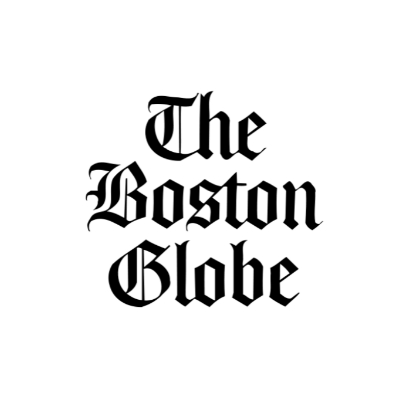 The Boston Globe Article Rating
The Boston Globe Article RatingThe Supreme Court just banned affirmative action in college admission. Follow live updates. - The Boston Globe
- Bias Rating
-28% Somewhat Liberal
- Reliability
60% ReliableAverage
- Policy Leaning
-60% Medium Liberal
- Politician Portrayal
-28% Negative
Continue For Free
Create your free account to see the in-depth bias analytics and more.
Continue
Continue
By creating an account, you agree to our Terms and Privacy Policy, and subscribe to email updates. Already a member: Log inBias Score Analysis
The A.I. bias rating includes policy and politician portrayal leanings based on the author’s tone found in the article using machine learning. Bias scores are on a scale of -100% to 100% with higher negative scores being more liberal and higher positive scores being more conservative, and 0% being neutral.
Sentiments
N/A
- Liberal
- Conservative
| Sentence | Sentiment | Bias |
|---|---|---|
Unlock this feature by upgrading to the Pro plan. | ||
Reliability Score Analysis
Policy Leaning Analysis
Politician Portrayal Analysis
Bias Meter
Extremely
Liberal
Very
Liberal
Moderately
Liberal
Somewhat Liberal
Center
Somewhat Conservative
Moderately
Conservative
Very
Conservative
Extremely
Conservative
-100%
Liberal
100%
Conservative

Contributing sentiments towards policy:
68% : "Affirmative action has been a beacon of hope for generations of Black students," Cole said.64% : For decades, affirmative action has served as an essential tool for colleges to increase diversity on campus.
62% : Michelle Obama said that while she was an undergraduate at Princeton University, she worried that others thought she was admitted due to affirmative action.
58% : "Like any policy, affirmative action wasn't perfect.
56% : Now, if the Supreme Court bans the use of affirmative action in higher education this month, historically Black colleges could grow even more attractive as elite, predominantly white colleges scramble to maintain diverse classes.
55% : Teachers union officials in Massachusetts blasted the Supreme Court decision striking down affirmative action in college admissions.
55% : Read the full story to see more data on the potential impact of ending affirmative action.
53% : If you look behind the curtain of affirmative action litigation in recent decades, there you will find Edward Blum.
52% : But he added that universities are prohibited from using such personal testimonies as a workaround to pursue the same diversity goals they had achieved through affirmative action.
51% : "By striking down affirmative action, the court is widening the racial education gap and turning back decades of progress," they said.
49% : However, she contended that the policy "helped offer new ladders of opportunity for those who, throughout our history, have too often been denied a chance to show how fast they can climb." "So often, we just accept that money, power, and privilege are perfectly justifiable forms of affirmative action, while kids growing up like I did are expected to compete when the ground is anything but level," she wrote.
49% : The NAACP denounced the Supreme Court's ruling striking down affirmative action in college admissions, saying the "extreme" decision jeopardizes "hard-fought progress for Black Americans in classrooms and beyond." "Today the Supreme Court has bowed to the personally held beliefs of an extremist minority," Derrick Johnson, NAACP president and chief executive officer, said in a statement shortly after the ruling.
46% : James E. Rooney, the president and CEO of the Greater Boston Chamber of Commerce, decried the Supreme Court's decision to strike down affirmative action in college admissions, saying the move "not only threatens the future of higher education, but also the future of our workplaces and business community." "By limiting the efforts to diversify campuses across the country, employers will have a less diverse pipeline for the recruitment and hiring of employees," Rooney wrote in a statement.
42% : The century-old practice of legacy admissions, which overwhelming benefits white and wealthy students, is coming under heightened criticism as the US Supreme Court seems poised this year to bar the use of affirmative action in college admissions.
41% : By Usha Lee McFarling, STAT Overturning decades of precedent, the US Supreme Court on Thursday struck down the use of affirmative action, ruling that it is unconstitutional for colleges, universities -- and professional schools for law, medicine, and nursing -- to consider race as one factor in deciding who they will admit.
8% : Former President Barack Obama and his wife, Michelle Obama, issued a statement Thursday expressing disappointment in the Supreme Court's decision to overturn affirmative action in college admissions.
*Our bias meter rating uses data science including sentiment analysis, machine learning and our proprietary algorithm for determining biases in news articles. Bias scores are on a scale of -100% to 100% with higher negative scores being more liberal and higher positive scores being more conservative, and 0% being neutral. The rating is an independent analysis and is not affiliated nor sponsored by the news source or any other organization.





















